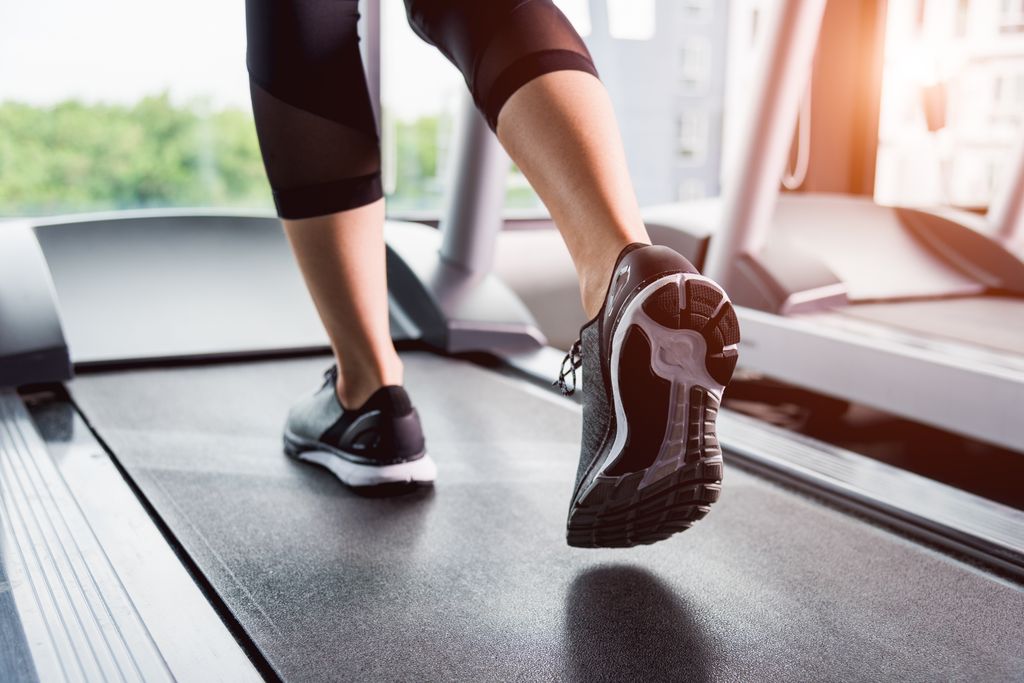If there’s one thing I’ve noticed during perimenopause is the need to switch up my exercise routine. I used to be more of a cardio kind of gal, but my number one go-to these days is strength training.
Liz Nelson, a renowned exercise scientist, passionately advocates for the incorporation of strength training into the routines of those experiencing menopause, referring to it as "the miracle exercise for women during the transition towards menopause and beyond."
"The proven benefits of strength training are numerous," Liz states, emphasizing the dual impact on both physical appearance and internal health. For a relatively small investment in time, you get a lot of bang for your buck."
She highlights how, without activity, women can lose up to 8% of muscle mass per decade, a condition that accelerates during menopause due to hormonal changes. This loss is not just an aesthetic concern; it's tied to a reduction in resting metabolic rate and an increased rate of body fat accumulation.
However, Liz points out: "By performing resistance, or strength, training, you can reverse muscle mass loss, improve resting metabolic rate, and improve bone mineral density."
She elaborates on the broader systemic benefits, including how strength training assists in the prevention and management of Type 2 diabetes by reducing visceral fat and enhancing insulin sensitivity.
Additionally, it's been shown to "improve cardiovascular health by reducing resting blood pressure and improving blood lipid profiles."
The impact of strength training on mental health is also profound. Liz shares that "regular strength training is associated with improved mental health, including cognitive ability and self-esteem."
Furthermore, it has been linked to reductions in low back pain, arthritic pain, and pain from fibromyalgia, showcasing its extensive benefits.
READ: I am a fitness expert and these 4 simple habits will keep you healthy and strong during menopause
When asked about the specifics of how strength training achieves these outcomes, Liz explains that strength training enhances resting metabolism through two primary mechanisms.
"Firstly, continuous resistance training improves muscle mass...a one kilogram increase in muscle tissue mass may increase resting metabolic rate by 20kcal per day." She adds that the muscle recovery process post-exercise "requires large volumes of energy to facilitate recovery," thereby boosting metabolic rate even further.
Liz also touches on the safety and efficacy of strength training during menopause, advising that "It’s best to consult with your doctor before taking any new medication such as weight loss jabs, as they can have several side effects."
She advocates for improving diet and engaging in strength training under the guidance of a healthcare professional as a safer and more effective way to manage weight and health during menopause.
DISCOVER: How to overcome your exercise fear if you're suffering from pelvic floor weakness
For those looking to embark on a strength training journey, Liz suggests starting with "low-GI foods as much as possible" and incorporating "regular, moderate exercise" into daily routines.
"So, keeping active every day (even a brisk 15-minute walk) is better than going flat out once or twice a week," she advises, emphasizing the importance of balance and consistency.
Visit HELLO!'s Keep Moving hub for more inspirational workout stories.












